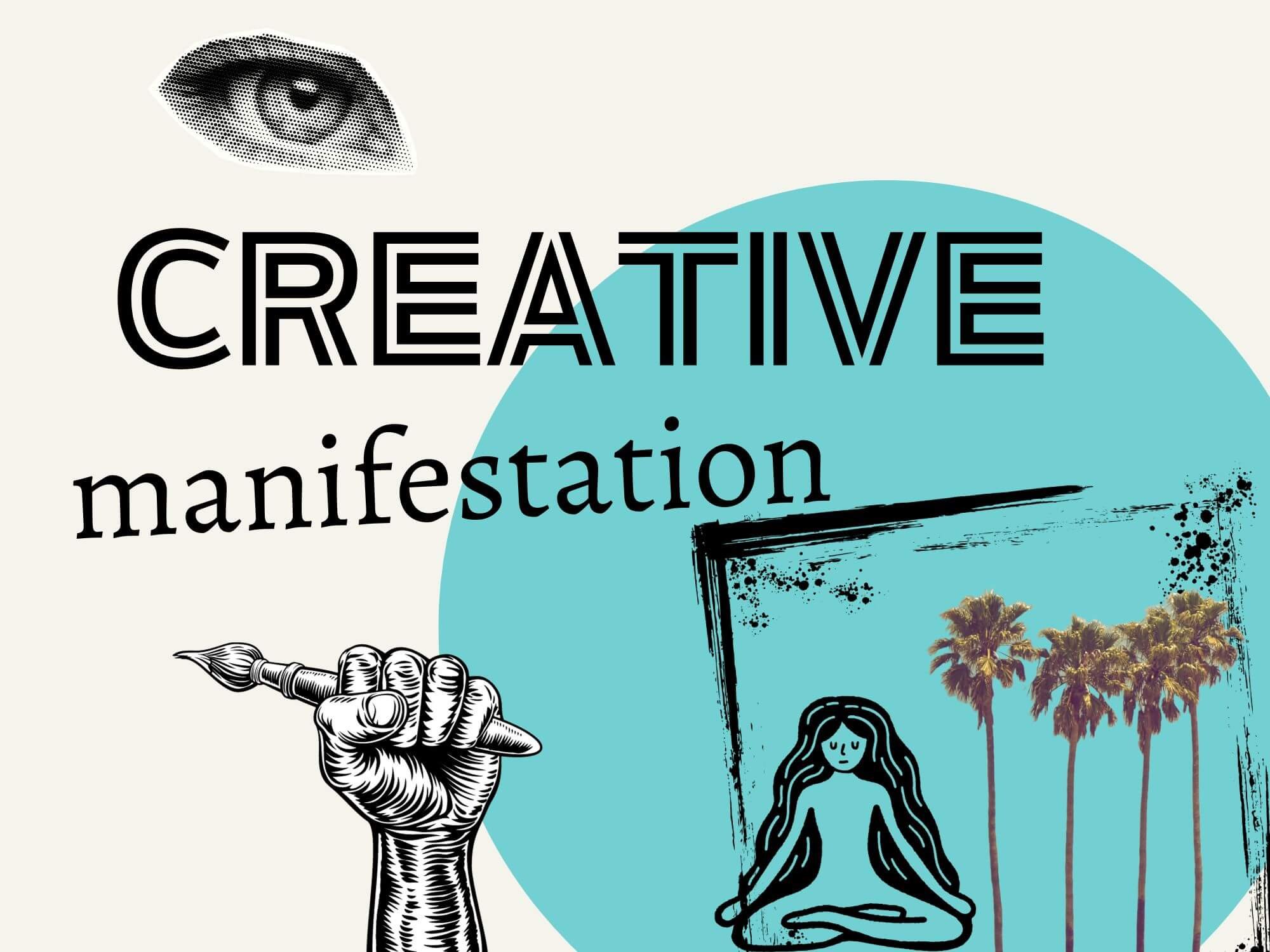Affective Thinking + Forecasting 101 (the what, how + why)
I’ve found the best strategy: just start living your ideal future life right now. I mean, why wait, right? Welcome to affective thinking and using your future emotions to live your dreams now.
Visualizing your future is nothing new, but leveraging the art of affective forecasting is the secret sauce.
So this post walks you through what affective thinking is exactly and how you can use it to increase confidence, boost EQ and live in your future as if it’s already happening now.
So let’s get it.
What Is Affective Thinking + Forecasting?
In psychology, the term affect refers to the experience or expression of emotion, mood and feeling.
So how about affective thinking and forecasting?
Affective thinking is the act of intentionally using emotion or feeling in your thinking.
Affective forecasting, or hedonic forecasting, is predicting how we will feel emotionally in some future event.
The two are closely related, but the main difference is forecasting is concerned with some future event.
It’s almost a fancy term for visualization, which is almost another fancy term for daydreaming.
But I digress…
Whatever you call them, these psychological concepts are super useful for imagining and creating your dream life.
Personally, I use affective thinking all the time.
How + Why I Use Affective Forecasting
I think we all use affective forecasting to some extent.
I mean, we all imagine our futures and love to get lost in a good daydream.
But, for me, true affective thinking has more intention, belief and awareness than simply daydreaming and imagining.
I primarily use affective forecasting and thinking as a musician, and in pursuit of my various creative goals.
I’ve always struggled with creative imposter syndrome, but affective forecasting has been an effective remedy for me.
I essentially imagine the future ideal version of myself (as a skilled and confident musician, who’s reached all my goals), and step into that persona.
It basically feels like acting – and it’s kind of fun.
I imagine the emotions, feelings and persona of that future version of myself (or an idol), and I embody that avatar, in real time.
I then grab my guitar, do a few lip trills to warm up my voice and step into my makeshift music studio.
Works (almost) every time.
Why Affective Thinking and Forecasting Work
Visualizing your dream life boosts motivation and inspiration
Using your emotion is way more effective than thought alone
It’s similar to role-playing and acting, making it a fun exercise to practice
Emotion and feeling make imagination/visualization more experiential and real
Emotions boost memory and retention, making things stick longer
Affective forecasting can become subconscious, as new thinking habits form
4 Epic Tips for Affective Thinking + Forecasting
These tips are based on my own personal experiences. They help me in affective forecasting, so I hope they can help you as well.
But let me know in the comments your take (or strategies) for affective thinking – I’d love to read them!
1. Bring In All Your Senses (by getting detailed)
One of the best ways I’ve found to do affective thinking (and especially forecasting) is to use super specific details.
Whether you’re imagining some future situation (forecasting) or something more current (thinking), using your senses is highly effective.
For example, if I’m trying to visualize the future emotions of some ideal situation, I’ll think about all of the external elements that are creating that future scene.
What do I smell? Is there coffee brewing in the next room? (Probably…I mean…coffee, right?)
How about the couch I’m sitting on in this future situation – what material is it? How about the color?
And how about the time of day, when is this moment you’re affectively forecasting? Is it cold outside and is the window open with a slight breeze coming through?
Bringing in your five core senses turns an affective ability into an affective superpower.
2. Practice Boosting Your Emotional Awareness + Intelligence
I suppose an essential skill for affective thinking is emotional awareness.
This takes some practice and can be surprisingly difficult.
Emotional intelligence (EQ) is the ability to manage, understand and leverage your emotions in a positive way.
Emotional awareness (according to me) is the ability to recognize emotions as they’re happening and hit the pause button and to understand why you’re feeling a certain way.
When it comes to boosting my emotional intelligence and awareness, meditation is (unsurprisingly) my go-to tool here.
Getting quiet and practicing stillness (and not succumbing to my body’s urge to get up or check my phone) is incredibly helpful for emotional management.
But don’t just take my word for it – try it out, and give yourself some time (and stay patient if you’re new to meditation).
3. Embrace All Your Emotions (the good + the bad)
Suppressing negative emotions doesn’t do us any good.
But I’ve found that recognizing them, and practicing to even embrace them is super effective.
Because whatever our situation is, the ups and downs of life probably won’t ever go away. But that’s OK – it’s the duality of life. The yin and the yang of how things go.
The silver lining is, while problems don’t go away completely, they tend to get better the more you work on yourself and your mindset.
I’ve successfully reframed the majority of my problems as fun things I get to work through. Because they always make me stronger in the long run.
They’re like doors of opportunity with valuable lessons inside. Embracing and learning from the negative stuff is how we level up and grow as humans.
And when it comes to affective thinking, we can’t just use the positive emotions 100% of the time – that’s just not that realistic.
4. Have A Why – Have A Goal
Why do you want to improve your affective thinking or forecasting skills?
Do you have any goals for this skill?
Attaching your affective thinking practice to some goal or why can be super helpful for motivation and focus.
So when you inevitably hit that wall where things become difficult or boring, you’ll have an answer to the question “wait, why the f am I even doing this?”
Want More? Check Out These Sweet Reads!




